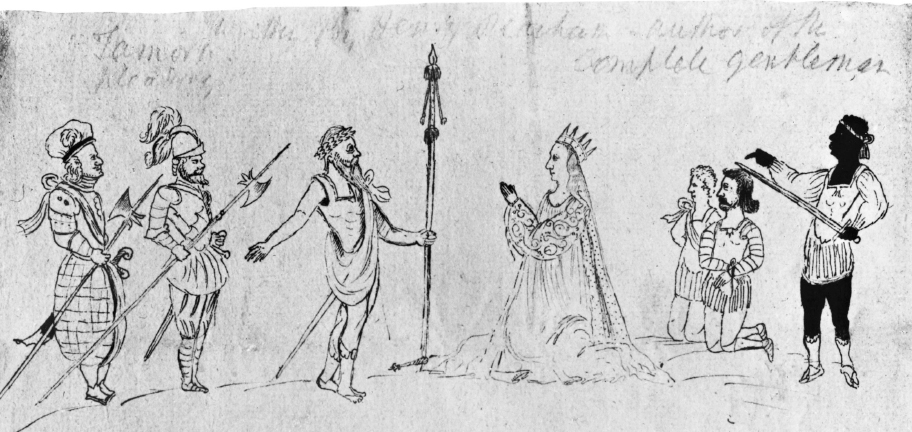How did expansion change European attitudes and beliefs?
TTHE AGE OF OVERSEAS EXPANSION heightened Europeans’ contacts with the rest of the world. These contacts gave birth to new ideas about the inherent superiority or inferiority of different races, in part to justify European participation in the slave trade. Cultural encounters also inspired more positive views. The essays of Michel de Montaigne epitomized a new spirit of skepticism and cultural relativism, while the plays of William Shakespeare reflected the efforts of one great writer to come to terms with the cultural complexity of his day.

Titus AndronicusWith classical allusions, fifteen murders and executions, a Gothic queen who takes a black lover, and incredible violence, this early Shakespearean tragedy (1594) was a melodramatic thriller that enjoyed enormous popularity with the London audience. The shock value of a dark-